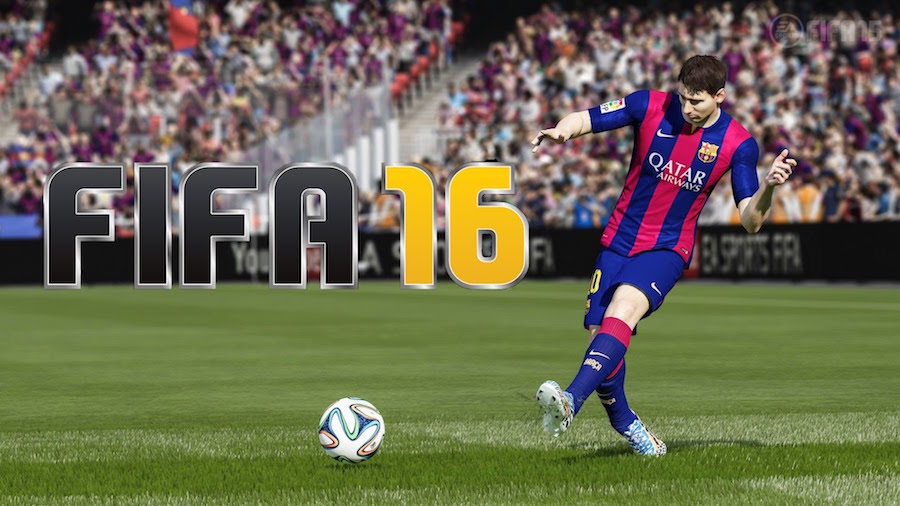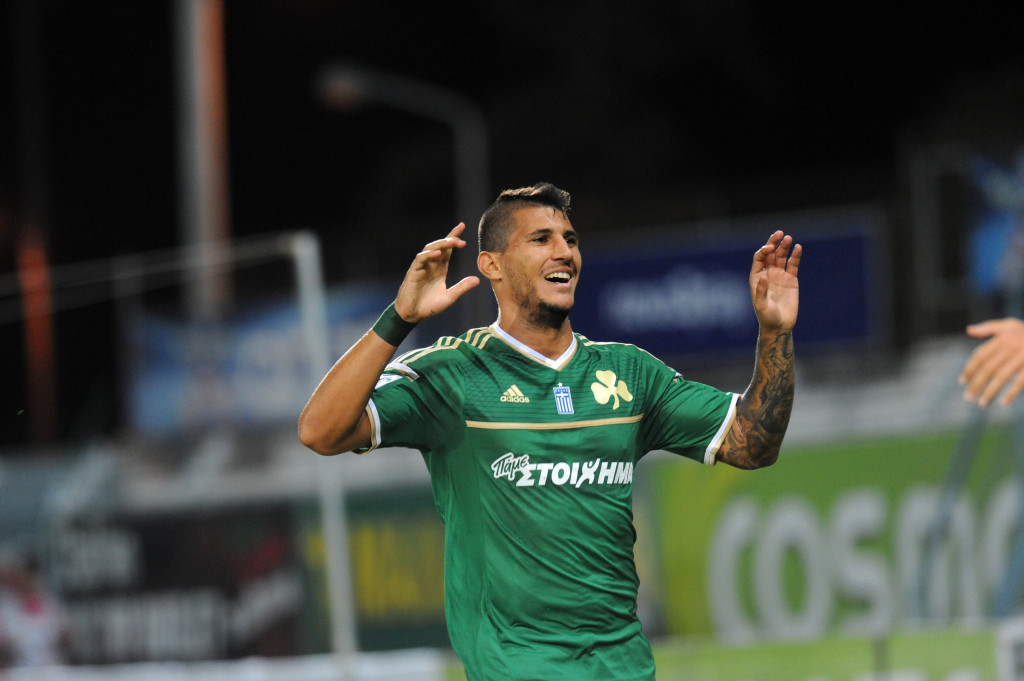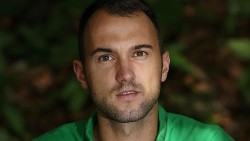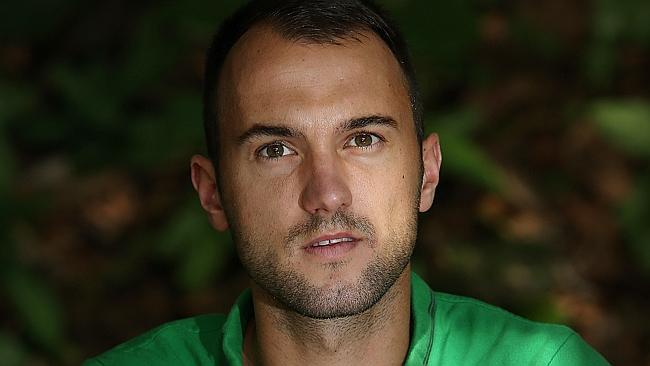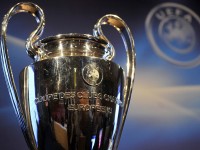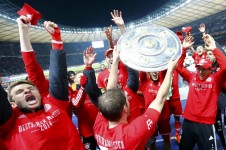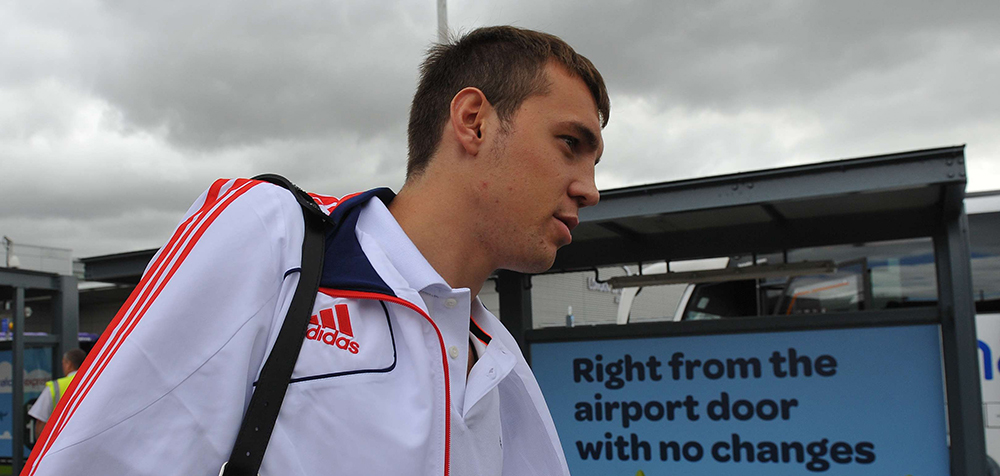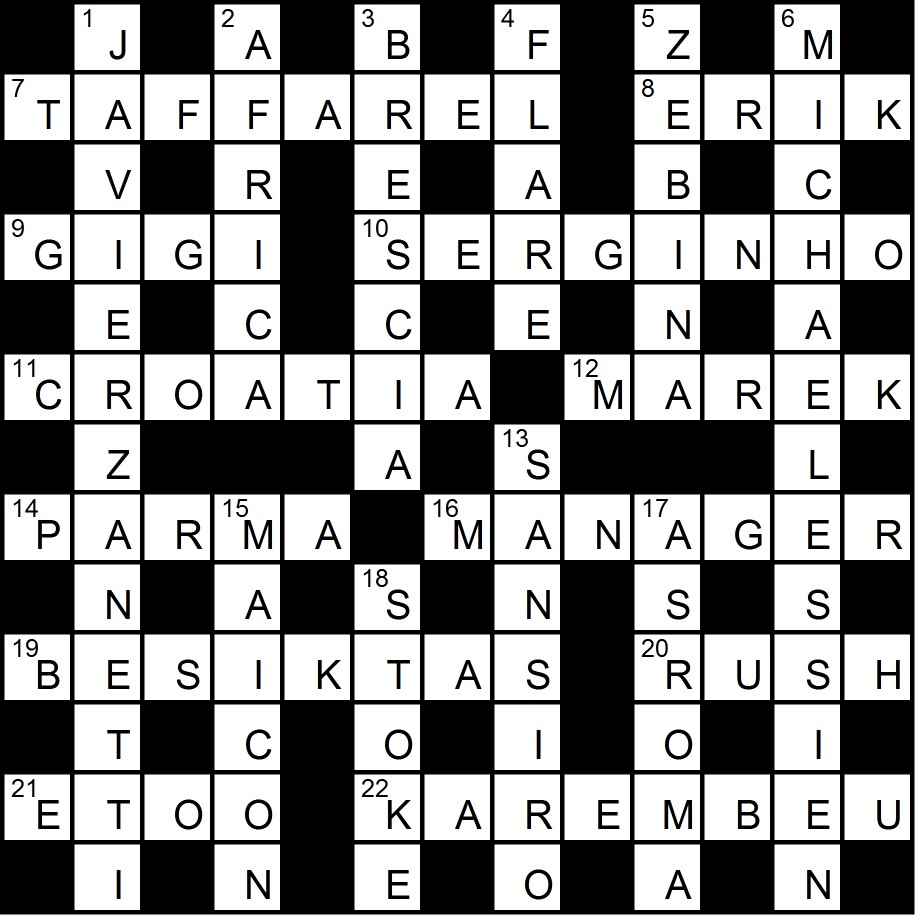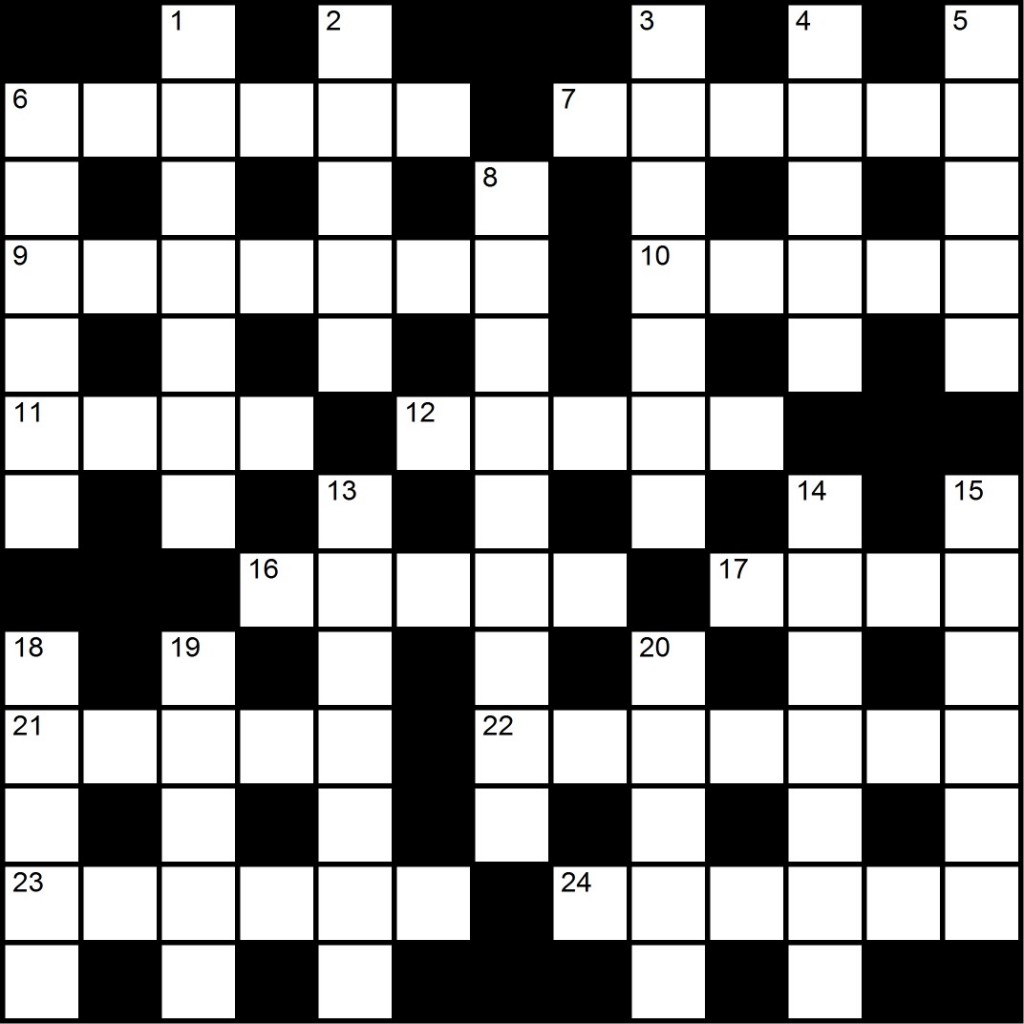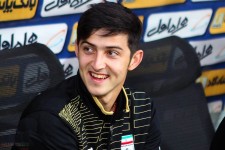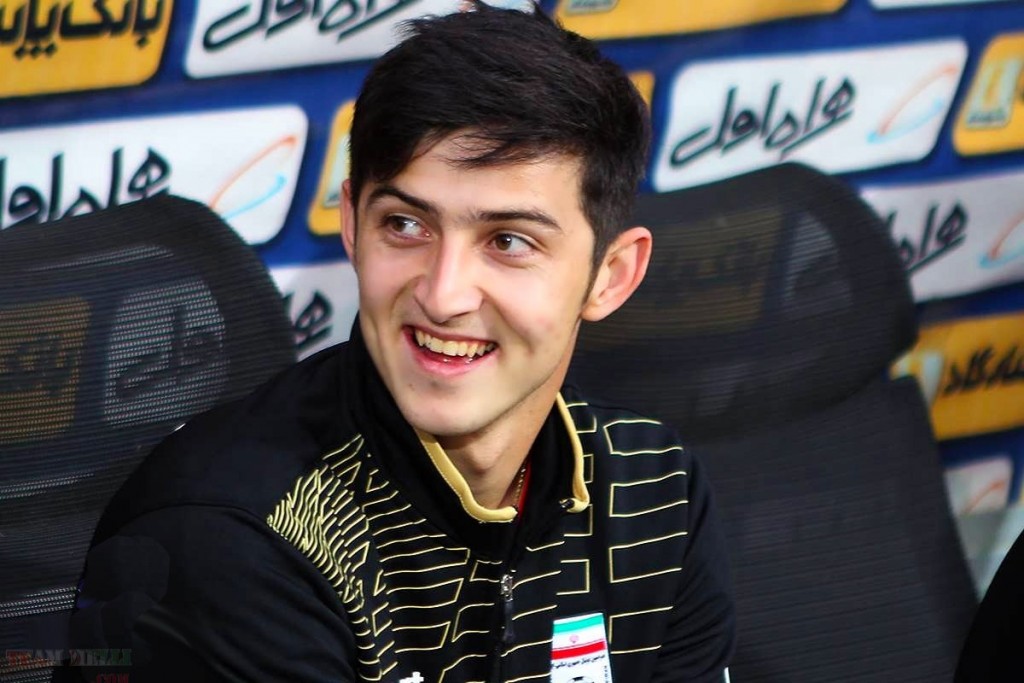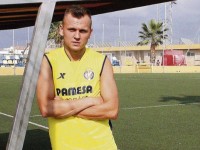
Russians are the homesick type, people who generally don’t like venturing out of their comfort zone to begin new challenges overseas. You can apply this to Russians in general, not just in sport, but there is one Russian footballer who this stereotype doesn’t belong to at all. 24 year old midfielder Denis Cheryshev has seen his career flourish in Spain, and he’s soon becoming Russia’s biggest hope with the 2018 FIFA World Cup very much in people’s minds.
The lack of talent emerging from Russian football has been a topic on everyone’s lips for a long time already, especially after the disastrous World Cup campaign last year in Brazil. Promising Dynamo Moscow forward Alexander Kokorin is slowly letting his talent go to waste, and goalkeeper Igor Akinfeev is seeing his decision to stay at CSKA Moscow backfire. It’s not too surprising then that Denis Cheryshev hasn’t really been involved with the Russian system at all, with his first footballing steps coming in Sporting Gijon’s academy when he was only six years old.
Not long later giants Real Madrid came calling, and for a Russian it’s not something that happens every day. Cheryshev even managed to make an impression on the Real system, emerging to make 109 appearances for their B team and even stepping on to the field for the main team in the Copa Del Rey.
If no one in Russia knew about Cheryshev before, attention was now slowly being put on to the young midfielder. In 2013 he was eventually sent out on loan to FC Sevilla to gain some constant match practice in La Liga, however having picked up an early injury he was never able to make any sort of impact. That all changed when joining Villarreal on a second loan spell though, and this campaign he’s been simply fantastic.
Having made himself an almost permanent fixture on Villarreal’s left wing he’s become one of their main men this season, tallying up four goals along with nine assists. That was enough to persuade national team head coach Fabio Capello to call him up regularly, with Denis being talked about by the Russian media more frequently.
A Russian making a name for himself abroad is a rarity, with only Andrey Arshavin (Arsenal), Diniyar Bilyaletdinov (Everton) and Roman Pavlyuchenko (Tottenham) causing at least some ripples abroad in recent years. Cheryshev’s breakout season with Villarreal has proved talk of a return to parent club Real Madrid, and if it goes through, he could kick on to become a true star in Europe. Still, we need to keep our feet on the ground.
Yes, he’s creating a promising career for himself in Spain, has been voted into La Liga’s young team of the year, but he hasn’t asserted himself on to the international scene. In seven appearances he is yet to register, and his creative approach is being stifled by Fabio Capello’s drab way of playing the game.
Indeed almost all of Russia’s national team’s woes are down to Capello. Plenty of players have the potential to make something happen, to do something different, but when playing such boring football it’s impossible to show any imagination whatsoever. Can Cheryshev do anything to change that? Maybe. If he has enough desire he has the opportunity to become the focal point of Russia’s footballing future, and his ability should be able to shine through even when playing in such a defensive style.
Rumours have circled many a time about the possibility of Denis returning to Russia, but apart from one strong link with Zenit Saint Petersburg nothing has really looked likely. Russian fans would like to get a closer look at him, but while things are going well in Spain, we can count out any transfer to the Russian Premier League.
Interestingly Cheryshev was the only non-Russian league player in Russia’s 2014 World Cup provisional squad (although he wasn’t included in the final pick), and that is quite a worrying fact. Young, talented Russians are being held back in their own country with huge wages being more of an incentive than a sparkling career, and it’s a problem which is starting to ruin Russian football.
Thankfully Cheryshev hasn’t fallen into that trap, and he’s reaping the rewards as a result. Success in Russia is one thing, but creating headlines in one of the biggest leagues in the world is another. His superb feeds when charging down the left flank have caught many a La Liga team cold, and his ability to cut in or move to the right makes him a coach’s dream.
The seeds for long term success have been sewn, he simply has to make it happen.
Written by Shaun Nicolaides
Follow Shaun on Twitter @zenitfan93
Like O-Posts on Facebook
You can also follow O-Posts on Twitter @OPosts

